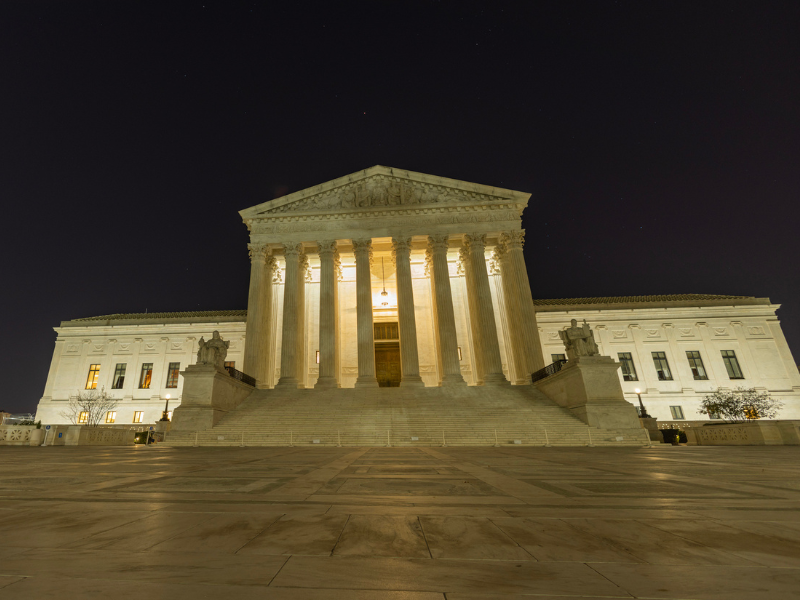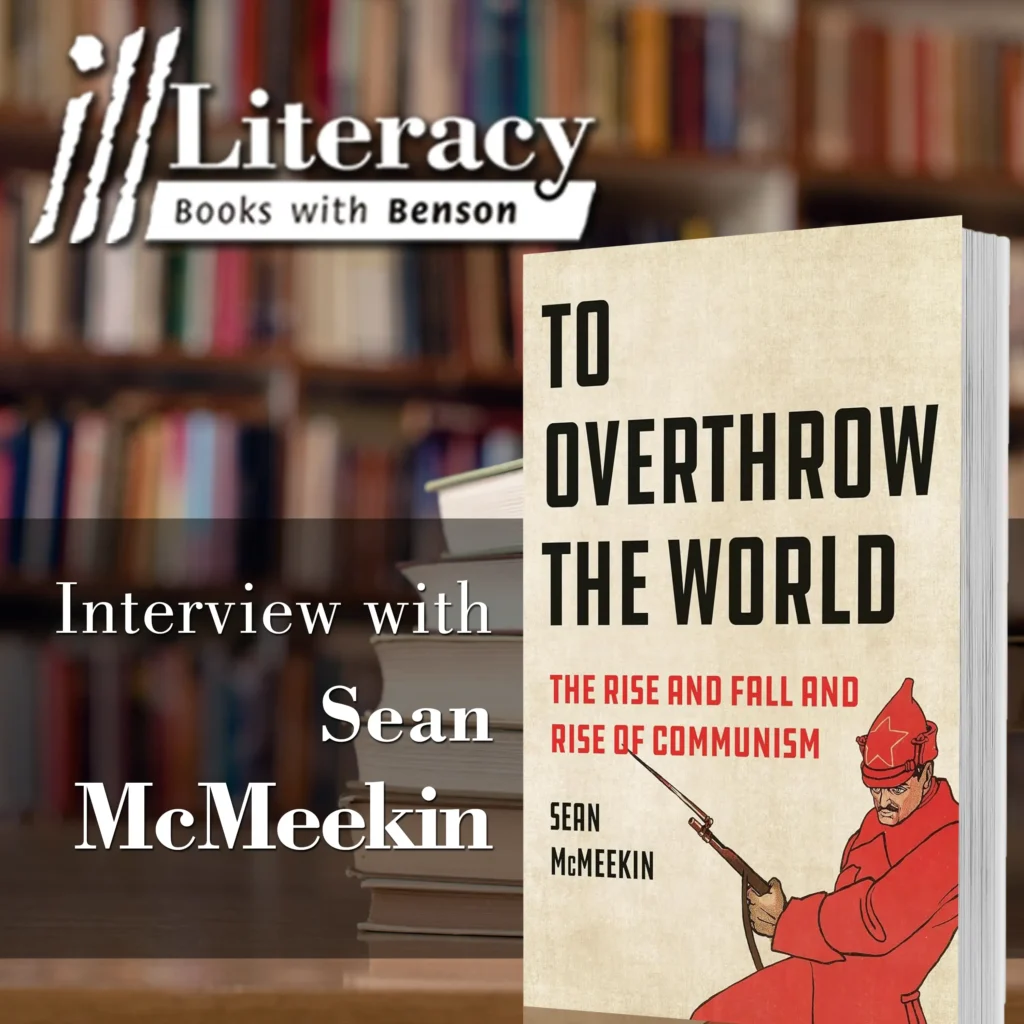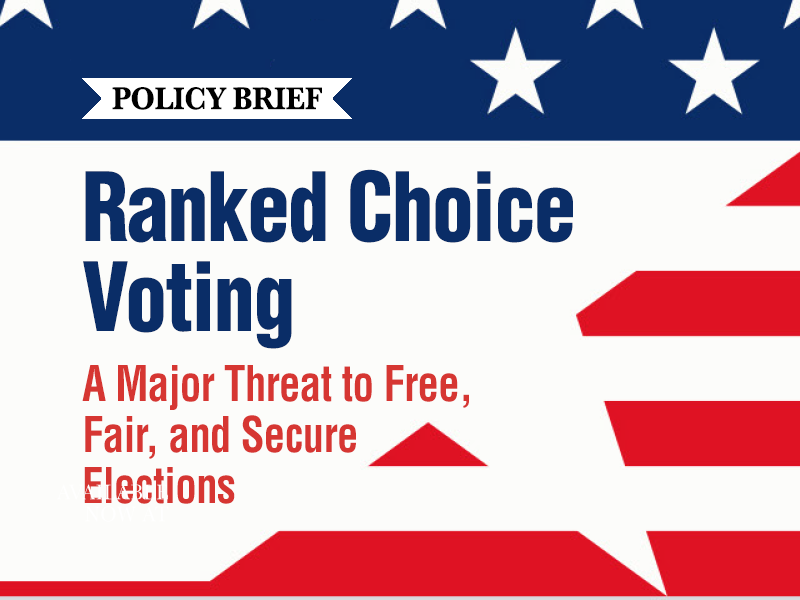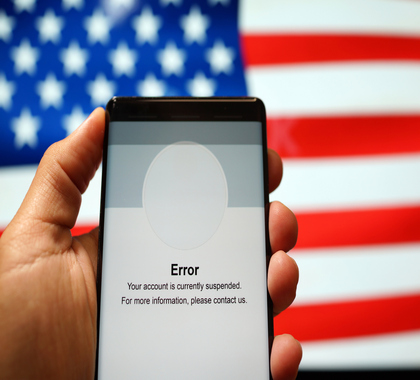The United States Supreme Court yesterday decided Turkiye Halk Bankasi A.S. v. United States, U.S. Sup. Ct., No. 21-1450 (Slip Op.) (April 19, 2023). A copy of the slip opinion is here.
The opinion of the Court was written by Justice Kavanaugh. All justices signed on to the opinion of the Court except for a partial dissent by Justice Gorsuch with whom Justice Alito joined. (Both opinions are included in the slip.)
The Court holds that United States Courts have jurisdiction over Federal criminal charges (in this case an indictment of the bank for evasion of U.S. financial sanctions against the Islamic Republic of Iran) brought against Halkbank, an entity that is majority-owned by the Republic of Turkey.
As an aside, the Turkish government, noting that, in English, the word “turkey” can mean both a certain bird and “an incompetent” as well as a certain country with a storied past and current strategic significance, has taken to demanding that it be called, in English and in other languages, “Türkiye”.
Thus, the United Nations lists the country as “”Türkiye” and that’s how the word is spelled on seating plaques and other signage at U.N. headquarters and in field offices such as at Geneva. (I have not been in the U.N. cafeteria lately, but it might be fun to see “Türkiye” on the menu.)
Meanwhile, Secretary Blinken and the U.S. Department of State straddle the controversy, and refer to the country under both spellings. See this link for the Department’s official guidance, which distinguishes between the “official” spelling (“Turkey”) and the “formal and diplomatic” spelling (“Türkiye”). Therein, perhaps, lies a short course on how confusing U.S. foreign policy can be at times.
As it turned out, however, the Supreme Court ignored the fuss altogether in these opinions. Both refer to the country involved as “Turkey”.
The Court decided that the lower courts (the U.S. District Court for the Southern District of New York and the U.S. Court of Appeals for the Second Circuit) had jurisdiction to hear and decide the case; that the case is not controlled by the Foreign Sovereign Immunities Act (“FSIA”), 28 U. S. C. §§1330, 1602 et seq., which, it held, applies (including as to its exceptions) only to civil actions; but that in this case, being a criminal action, foreign sovereign immunities, if any, are controlled by Federal common law.
Having held that the FSIA, if it did apply, would accord no protection to Halkbank, the Court remanded the case to the Second Circuit to consider whether or not Federal common law supplies the immunity in a criminal case that Halkbank and the Republic of Turkey seek.
The Gorsuch dissent would hold the FSIA to control and would find that the conduct charged falls within the “commercial exception” that the FSIA carves out of foreign sovereign immunity. Thus, Justices Gorsuch and Alito would not delay the matter while waiting for the lower courts to consider common law sovereign immunities in a criminal case, but would allow the prosecution to proceed forthwith.
The case thus (1) telegraphs that the Court is strengthening the commercial exception to assertions of immunity by foreign sovereigns (China, take note!) and (2) revives interest in the existence, nature, and sources of Federal common law, an area of inquiry that, as you may know, is one of my hobbyhorses.





